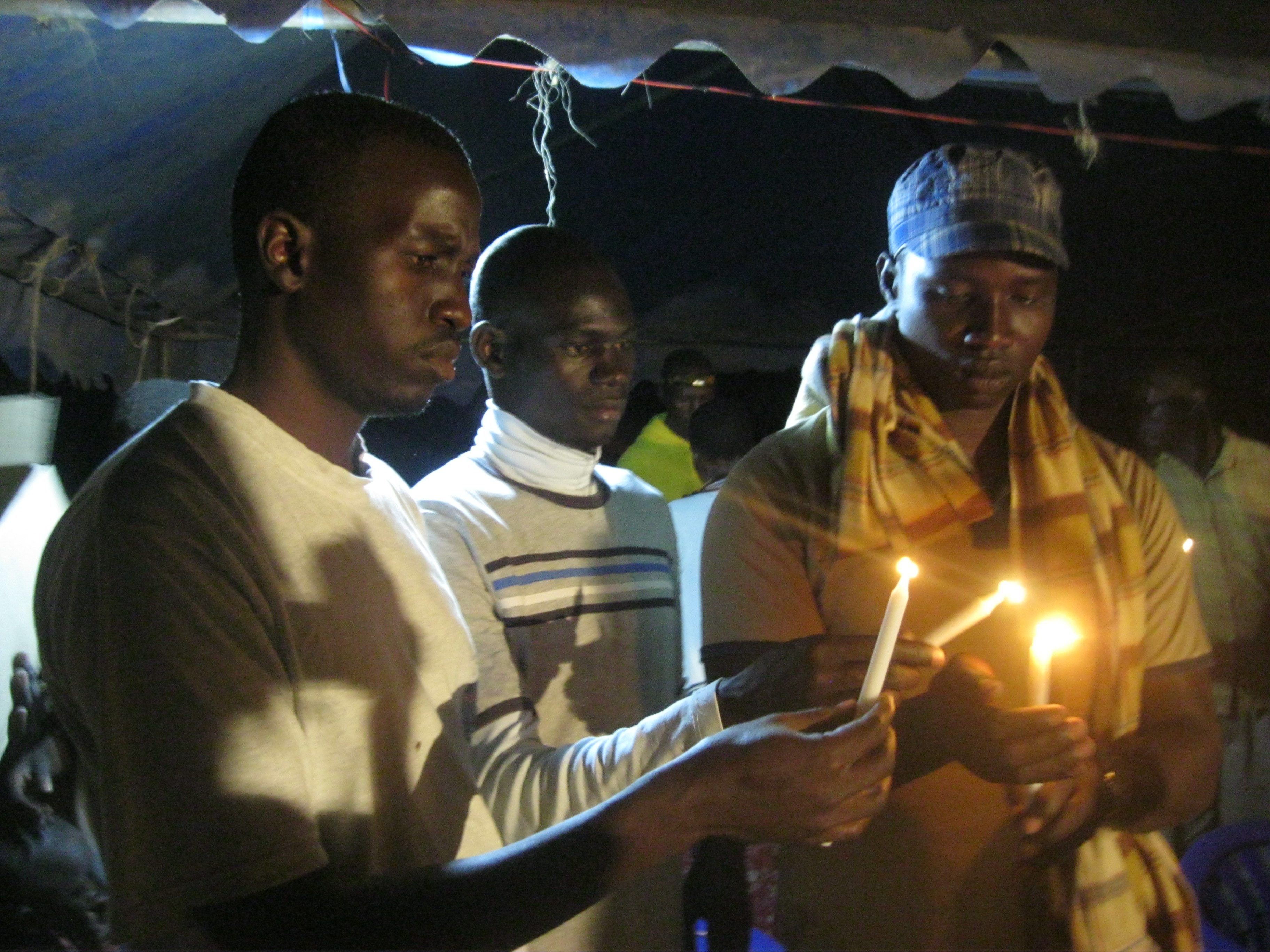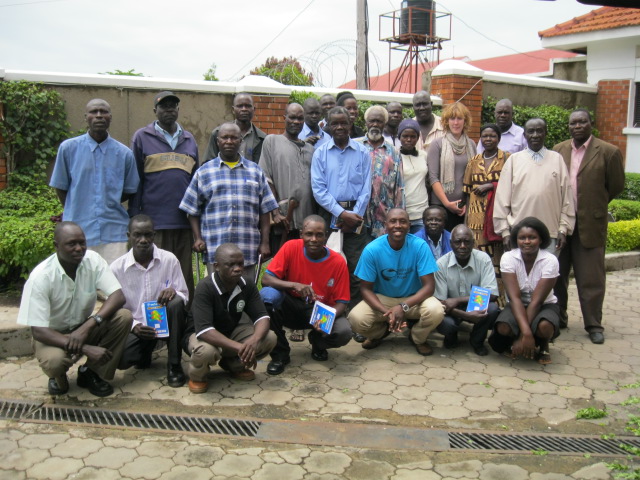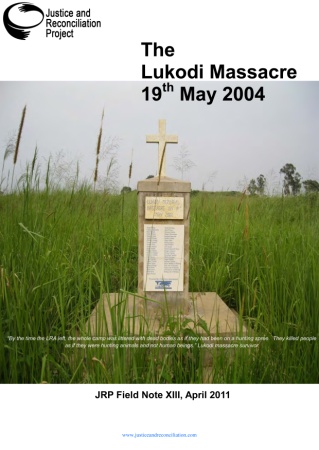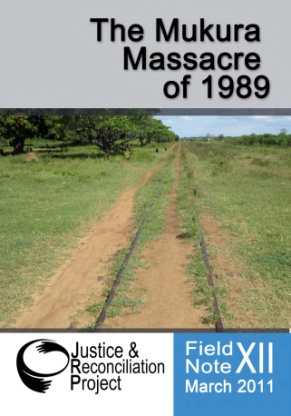It is almost four years now that northern Uganda has experienced relative peace following the relocation of the LRA to DRC and CAR. The majority of the population that had hitherto been displaced into IDP camps have now returned to their homesteads and resumed life in the post-conflict phase. Apart from land conflicts which are still rampant, many people seem to have moved on with their lives despite the past violence and a large number of atrocities that were committed during the conflict. There have been few reports of revenge attacks by victims against ”alleged perpetrators.”
So is this an indicator that northern Uganda is quickly putting the past behind and moving forward? Maybe yes, maybe no.
To find out, the JRP Community Documentation department intends to carry out a northern Uganda transitional justice monitoring process.
The objective of the Transitional Justice Monitoring Survey is to track the progress of justice and reconciliation in northern Uganda. The first phase of the project will be focused on Gulu district. The results of this survey will be used in our advocacy efforts and policy recommendations to further the interests of the communities and victims of the conflict.
Using a quantitative survey, we will interview 598 households across all 23 sub-counties and 120 parishes in the district. Questions focus on issues such as missing persons, community dispute resolution, traditional justice, memorialization, reparations, security, and formerly-abducted persons.
In the coming weeks, we will release the findings of the pilot conducted in Gulu district, and in the coming months, results from other districts and sub-regions. Stay tuned!






